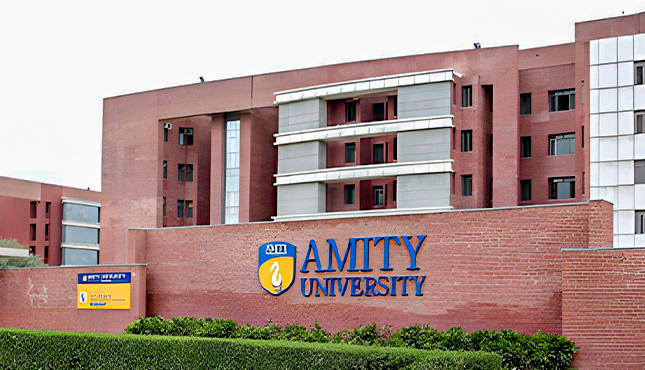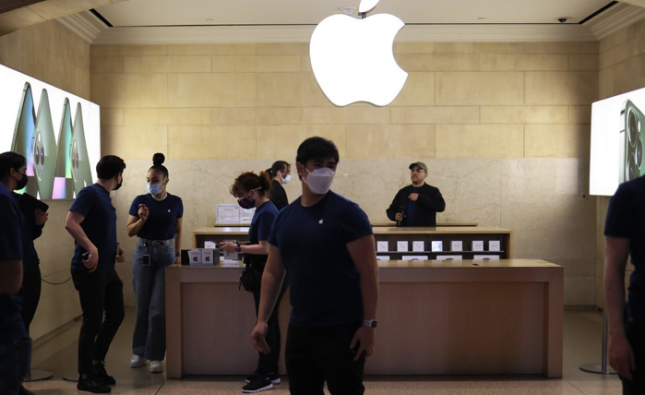
Introduction
In the diverse landscape of U.S. education, ensuring fair treatment for students from Muslim, Arab, Sikh, South Asian, Hindu, and Palestinian backgrounds is paramount. The educational journey of these students often encounters unique challenges stemming from cultural misconceptions, biases, and systemic barriers.
Challenges Faced
Muslim, Arab, Sikh, South Asian, Hindu, and Palestinian students frequently encounter discrimination and stereotyping within educational institutions, leading to feelings of alienation and marginalization. The absence of adequate representation in curricula and faculty exacerbates the sense of isolation experienced by these students, hindering their ability to fully engage with their educational experiences.
Legal Framework
U.S. education Federal laws such as Title VI of the Civil Rights Act of 1964 prohibit discrimination based on race, color, or national origin in programs receiving federal financial assistance, offering legal protection to students from diverse backgrounds. Educational policies at federal, state, and local levels play a crucial role in fostering inclusive environments by implementing measures to address bias and promote cultural sensitivity.
Community Initiatives

U.S. education Numerous advocacy groups and organizations work tirelessly to combat discrimination and promote the rights of Muslim, Arab, Sikh, South Asian, Hindu, and Palestinian students, advocating for policy changes and educational reforms. Community-driven cultural awareness programs aim to bridge gaps in understanding by fostering dialogue, celebrating diversity, and promoting cross-cultural exchange within educational settings.
Educational Reforms
U.S. education Efforts to develop inclusive curricula that accurately represent the histories, cultures, and contributions of diverse communities are essential for fostering a sense of belonging and promoting cross-cultural understanding. Providing educators with comprehensive diversity training equips them with the necessary tools and strategies to create inclusive classrooms and support the diverse needs of their students effectively.
Campus Support Systems
Access to culturally competent counseling and mental health services is critical for addressing the unique stressors and challenges faced by Muslim, Arab, Sikh, South Asian, Hindu, and Palestinian students and promoting their overall well-being. Student-led organizations provide vital support networks and platforms for advocacy, empowering students to voice their concerns, celebrate their identities, and effect meaningful change within their educational communities.
Impact of Bias
Experiencing bias and discrimination can negatively impact the academic performance and educational outcomes of Muslim, Arab, Sikh, South Asian, Hindu, and Palestinian students, perpetuating cycles of inequality and exclusion. The psychological toll of navigating biased environments can take a significant toll on the mental health and well-being of students, highlighting the need for comprehensive support systems and resources.
Cultural Competency

Cultural competency among educators and administrators is essential for creating inclusive learning environments where all students feel valued, respected, and empowered to succeed academically and personally. Investing in cultural competency training and resources for educational professionals equips them with the knowledge, skills, and awareness necessary to effectively engage with diverse student populations and foster inclusive practices.
Faculty and Staff Engagement
Increasing diversity among faculty and staff members enhances representation and brings diverse perspectives and experiences into educational institutions, enriching the learning environment for all students. Offering ongoing professional development opportunities enables faculty and staff to stay abreast of best practices in diversity, equity, and inclusion, fostering a culture of continuous learning and improvement.
Challenges Overcome
Examining challenges overcome in the pursuit of educational equity provides valuable insights into effective strategies and solutions for addressing systemic barriers and promoting social justice within educational systems. Comparative analysis with international education systems offers valuable perspectives and lessons learned in addressing similar challenges faced by diverse student populations around the world. Drawing upon global experiences and best practices informs efforts to improve educational equity and inclusivity, inspiring innovative approaches and collaborative solutions.
Future Outlook

While progress has been made, ongoing challenges persist in ensuring fair treatment and equal opportunities for Muslim, Arab, Sikh, South Asian, Hindu, and Palestinian students in U.S. education. However, these challenges also present opportunities for continued growth, innovation, and collaboration. By implementing evidence-based strategies, fostering partnerships across sectors, and amplifying the voices of affected communities, stakeholders can work together to create more inclusive, equitable, and empowering educational environments for all students.
Conclusion
In conclusion, ensuring fair treatment for Muslim, Arab, Sikh, South Asian, Hindu, and Palestinian students in U.S. education requires concerted efforts at individual, institutional, and societal levels. By embracing diversity, challenging biases, and advocating for systemic reforms, we can create educational spaces where all students feel valued, respected, and empowered to thrive.
FAQs
- How can educators promote cultural sensitivity in the classroom?
- What are some examples of successful diversity initiatives in educational institutions?
- What legal protections are available to students facing discrimination?
- How can students advocate for greater inclusivity on campus?
- What role do community organizations play in supporting diverse student populations?










